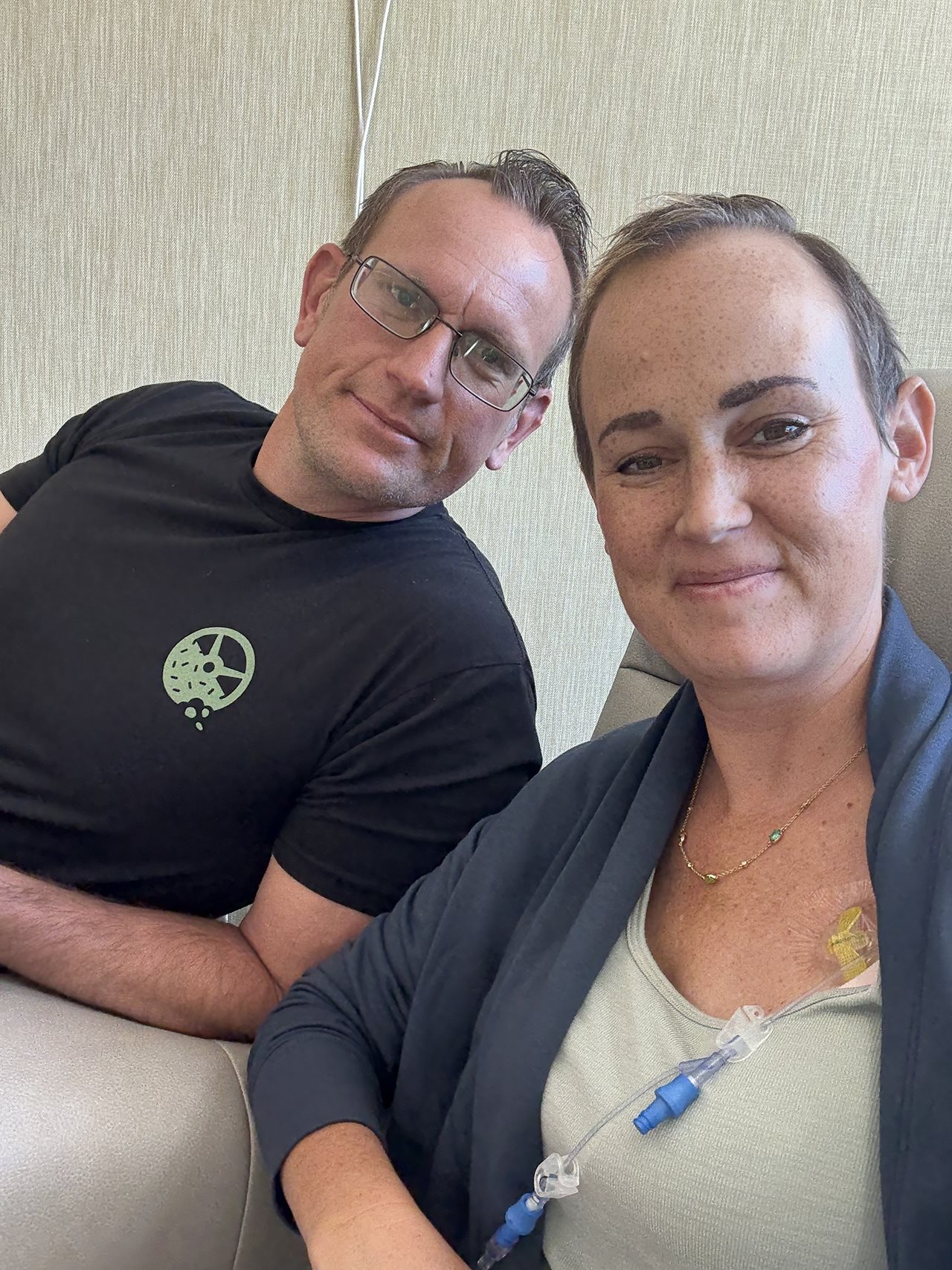(BPT) - Lauren, a 35-year-old wife and mother of three daughters, had just finished breastfeeding her youngest when she first noticed the lump on her breast. She shrugged it off as something that happens when nursing and figured it would go away on its own. However, six months later the lump was still there, prompting her to see a doctor who later confirmed a stage 3 breast cancer diagnosis. Despite aggressively treating her cancer for two years, including a double mastectomy and ovary removal surgery, a follow-up biopsy revealed the cancer had spread and advanced to stage 4.
More than 300,000 people in the United States will be diagnosed with breast cancer this year. Of those diagnosed with early-stage breast cancer, nearly 30% will later develop metastatic breast cancer, meaning the cancer has spread beyond the breast to other parts of the body. And, while metastatic breast cancer is not curable, it is treatable.
"I was crushed when I was diagnosed with stage 4 breast cancer. After enduring different treatments, I was then handed what felt like a fatal diagnosis when I learned the cancer had spread," Lauren recalls. "I retreated and isolated myself for a couple of months. All I could think about was how my children's memories of me would only be of cancer. It was not how I wanted to be remembered, and I knew I had to change my mindset."
Advancements in HER2 Research Helps Inform Treatment
Following Lauren's metastatic breast cancer diagnosis, her doctors conducted biomarker testing to guide them as they developed her treatment plan. The tests indicated that her tumor had low levels of human epidermal growth factor receptor 2 (HER2), a protein that helps cells grow. When cells produce too much HER2, they can become cancerous.
Edith Perez, M.D., professor emeritus at the Mayo Clinic and chief medical officer with the Cornerstone Specialty Network, noted that, "Historically, patients with HER2-expressing tumors were either categorized as HER2 positive or HER2 negative. However, advancements in research now show a person's HER2 status exists on a spectrum, akin to a light switch dimmer, allowing for more nuanced assessment."
Learning that Lauren's metastatic breast cancer expressed low levels of HER2 was an important discovery for her care team. More than half of patients with metastatic breast cancer previously diagnosed as HER2 negative can now be identified as having low levels of HER2 expression.
"I felt scared and weak when I was diagnosed with metastatic breast cancer and did not know whether I would have months or years left," Lauren recalls. "Luckily my efforts to keep up with the latest research and connect with other patients about their own experiences helped guide me when we learned I had low levels of HER2. It gave me a foundation when having conversations with my healthcare team for identifying the next steps in my journey."
Lauren now dedicates her life to education and advocacy for the cancer community, including sharing her own experience navigating stage 4 breast cancer. She encourages others to talk to their doctor about biomarker testing or revisiting test results from previous biopsy samples since HER2 status can change over time and with treatment. Many who were previously told they were HER2 negative may have low levels of HER2 in their cancer cells - these levels may still matter.

Learn more about the importance of biomarker testing and how HER2 status can impact personalized treatment at HER2statusMatters.com.
This article is sponsored by Daiichi Sankyo and AstraZeneca. Lauren and Edith Perez, M.D., are paid consultants.





